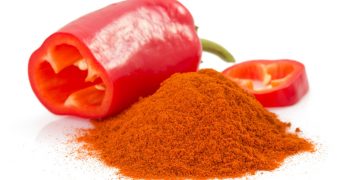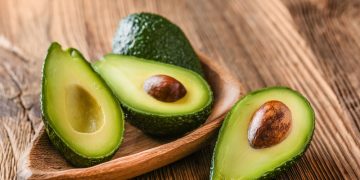Gallbladder removal is one of the most common surgeries in the medical world. Many Doctors claim that the gallbladder is almost a useless organ in our body and no harm will come up by removing it. This is partly true because you can still lead a long life after removing your gallbladder, but if your goal is to lead a healthier life, then gallbladder plays an important role in keeping you feel healthy and agile.
So what are the setbacks or after effects you are likely to face after a gallbladder removal surgery? To know the answer you must first need to know more about gallbladder and its functions.
What is the gallbladder?
Your gallbladder is located underneath your right ribcage. It is connected to your liver. Gallbladder basically stores the bile fluid released by your liver, and it releases the stored bile to your intestines whenever you consume fat or fatty foods. You can say gallbladder regulates the bile usage. It doesn’t just store and release the bile, it also concentrates the bile. So why it does concentrate the bile? For that, you need to know the functions of bile fluid in your stomach.
Functions of Bile fluid
Breakdown fat: One of the vital tasks of bile fluid is to break down the fat into smaller particles. These broken down fat particles are further broken down by certain enzymes released by the pancreas, and the broken down fat is then absorbed by the intestines. When your bile is not concentrated enough, you won’t be able to break down fats you consume.
Emulsifies fat: Under normal condition, fat does not mix with water. However, bile released by the gallbladder emulsifies the fats with water, so that fat can be absorbed by the body. Else, all the fat would just go through your intestines and released.
Lubricates Colon: Bile acts like a lubrication to your colon, so that all the wastes move freely and expelled without any problems. So, deficiency of bile (you guessed it) leads to constipation.
Alkalizes Stomach acid: Bile is alkaline in nature, so super concentrated stomach acids when they reach the intestines it is alkalized by the bile.
So now you know the importance of gallbladder and bile fluid which it regulates, now we can move onto the health effects and drawbacks you are going to face up on surgically removing your gallbladder.
Effects of Removing Gallbladder
Primarily you need to know that gallstones (which could be one of the most prominent reasons you want your gallbladder to be removed) occur due to deficiency of bile fluid. So, if you have enough bile there won’t be any gallstones in the first place.
Without a gallbladder whatever amount of bile secreted by your liver will trickle down to your intestines and it won’t be concentrated enough to break down the fat you eat. You might feel like, I don’t need fat in my body, but the fact is your body and many vital organs in it needs it. So, let us take a look at the direct effects on your health you are most likely to have after a gallbladder surgery.
1. Cholesterol imbalance: Without enough bile, you will have problems with balancing cholesterol levels. Your body needs cholesterol for producing many hormones, this includes stress hormone, testosterone etc… Also, your body needs bile to break down cholesterol. So, without enough bile, you are going to increase the cholesterol levels in your body. This includes both LDL and HDL types.
2. Inefficient toxin removal: Your body will become inefficient in eliminating toxins. Why? Because toxins in your body go through the bile duct and they are eliminated afterward. Without enough bile, these toxins won’t be broken down.
3. Constipation: As mentioned before, bile lubricates the colon, without enough bile lubrication to your colon there are more chances you would feel constipated more often.
4. Thyroid imbalance: There are two types of thyroid hormone, T4, and T3. T4 is an inactive thyroid hormone, which is converted to active thyroid hormone T3 through the liver and gallbladder. So, without your gallbladder, you could be at the risk of several problems that arise due thyroid imbalance.
5. Fatty Liver: Bile is needed to break down the fats if your body doesn’t break down fats properly due to bile deficiency it could lead to fatty liver.
6. Fat Soluble Vitamins Deficiency: Fat soluble vitamins like A, D, E, and K needs enough bile fluid in your body to ensure it is properly absorbed. Deficiency of these vitamins could potentially lead to a host of problems like dry skin, dry hair, angina, depression, stress, sterility, bone and joint related issues etc…
7. Inability to absorb omega 3 fatty acids: Omega-3-fatty acids are very essential for your body, it prevents inflammation, helps in building body tissue etc..
You may not notice much difference in your overall health immediately after a gallbladder removal surgery. However, gradually fall in your overall health and wellbeing becomes noticeable after a month or two.
So what to do if you already have removed your gallbladder?
Talk to your Doctor about the list of issues you may be facing after the surgery, your Doctor might help you by providing appropriate bile support, so that you will have enough bile in your body when you take your foods.








